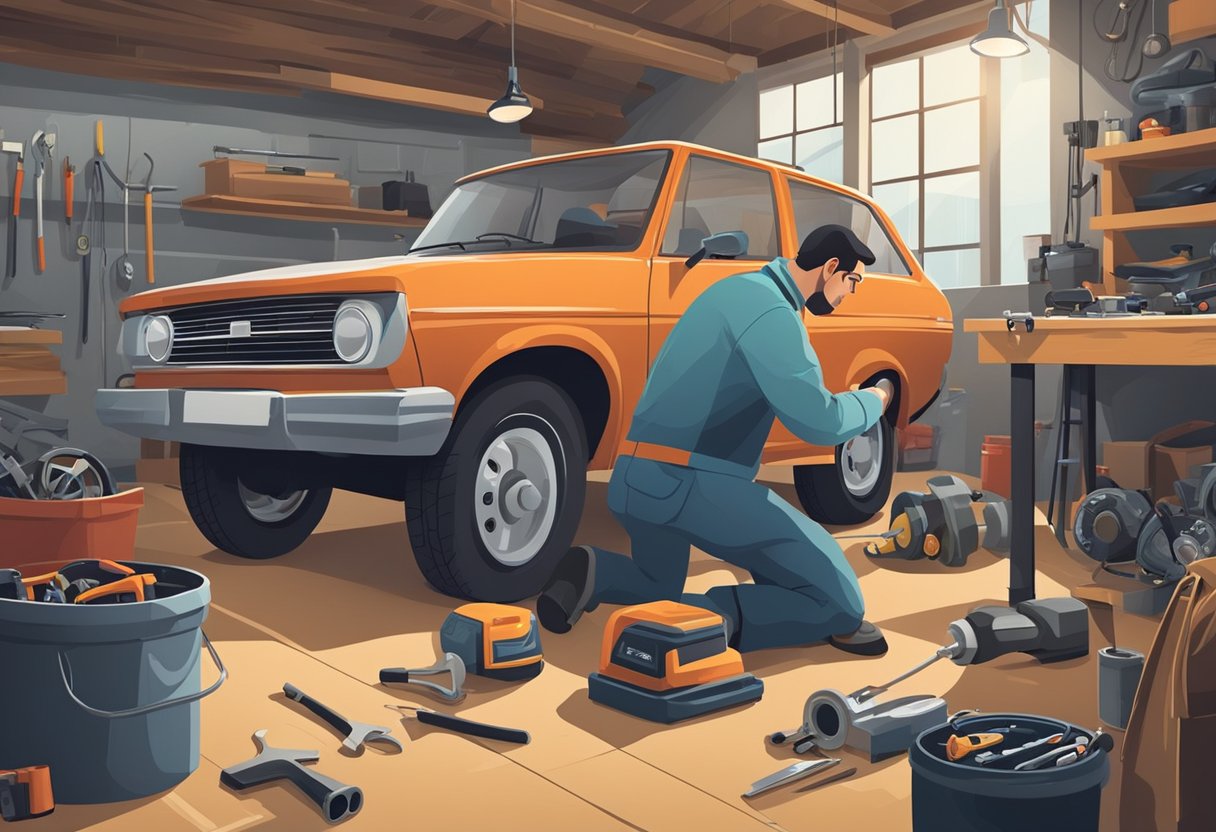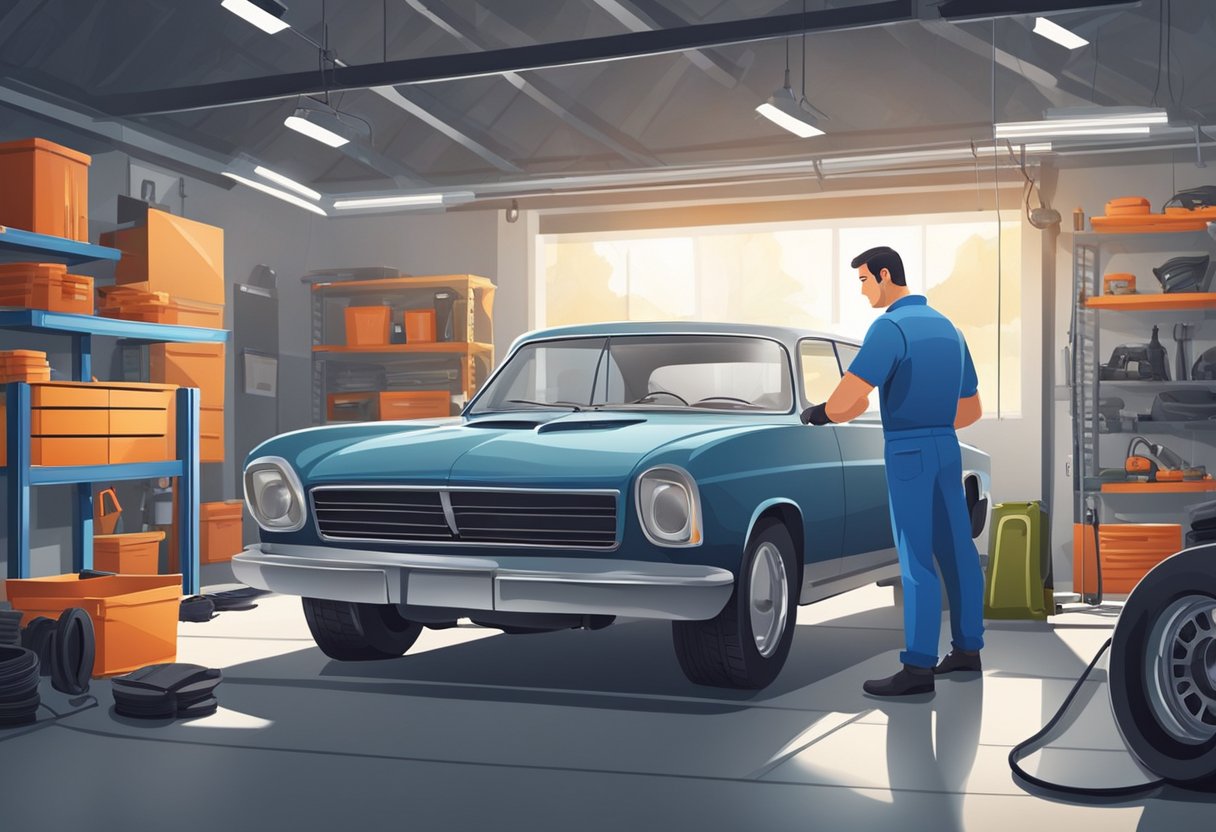
When to Choose Professional Mechanic Service

Certain vehicle issues and maintenance tasks require the expertise and tools that only professional mechanics possess. These situations often involve intricate repairs, detailed inspections, or problems that are beyond the capabilities of a typical DIY enthusiast.
Complex Repairs and Diagnostics
Professional mechanics are essential for complex repairs and diagnostics. They have the knowledge and tools to accurately identify and fix intricate problems, such as engine issues or transmission failures. Advanced diagnostic equipment allows them to pinpoint issues that may not be apparent to a DIY mechanic.
For instance, engine diagnostics often require specialized scanners and software to interpret error codes. These tools can reveal underlying problems that if not correctly addressed, could lead to more severe damage over time.
Moreover, professionals keep up with industry standards and latest repair techniques, which ensure repairs are done efficiently and correctly. This is particularly important for modern vehicles equipped with advanced electronics and computer systems.
Regular Inspections and Maintenance
Regular inspections and maintenance performed by professional mechanics ensure that a vehicle remains reliable and safe. They conduct thorough checks that go beyond the surface, identifying potential problems before they escalate.
For instance, professional services include brake inspections, tire rotations, and fluid checks. These tasks require a detailed understanding of vehicle systems to ensure everything functions properly.
Furthermore, during routine maintenance, mechanics can update any software or firmware that the car’s computer systems might need. Keeping these systems updated is crucial for the smooth operation of modern vehicles.
Issues Beyond DIY Capability
Certain issues are beyond the reach of DIY repairs and necessitate professional intervention. For example, significant electrical problems require specialized knowledge and equipment that most DIY mechanics do not have.
Electrical issues can include faulty wiring, malfunctioning sensors, or issues within the car’s computer system. Handling these without proper knowledge can be dangerous and potentially cause further issues.
Professional mechanics can also address problems that arise from more severe wear and tear. For example, when it comes to suspension repairs or aligning the wheels, professional equipment ensures these tasks are done with precision.
Additionally, if the vehicle has been in an accident, professional repair services are necessary to ensure all damage is properly assessed and repaired. They have the tools and expertise to restore the vehicle to its pre-accident condition safely.
Cost Factors in Car Maintenance
Proper car maintenance involves various expenditures. These can differ based on whether one chooses the DIY route or opts for professional services. Understanding these costs can help in making informed decisions about where to allocate time and money.
Analyzing DIY Costs
When considering DIY car maintenance, several factors impact the costs. The primary expenses include tools, parts, and the individual’s time. Tools can range from basic wrenches and screwdrivers to specialized diagnostic equipment, depending on the required task.
Buying parts for DIY repairs can be cost-effective, especially if sourced from reputable suppliers. Many car owners find they save on labor costs by doing the work themselves. However, one must also consider the cost of potential mistakes. Inexperienced DIY enthusiasts may end up causing more harm than good, necessitating further expenditure on repairs.
Balancing the cost of tools, parts, and time against potential savings on labor is essential. While DIY can be cheaper, it requires a good understanding of car mechanics to avoid costly errors.